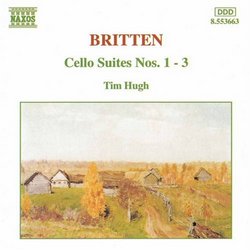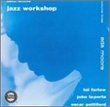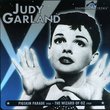| All Artists: Benjamin Britten Title: Britten: Cello Suites Nos. 1-3 Members Wishing: 1 Total Copies: 0 Label: Naxos Release Date: 11/19/1996 Genre: Classical Styles: Chamber Music, Instruments, Strings Number of Discs: 1 SwapaCD Credits: 1 UPC: 730099466325 |
Search - Benjamin Britten :: Britten: Cello Suites Nos. 1-3
 | Benjamin Britten Britten: Cello Suites Nos. 1-3 Genre: Classical
|
Larger Image |
CD DetailsSimilar CDs |
CD ReviewsThe cello sounds so ugly... C. Symonds | 02/13/2000 (2 out of 5 stars) "I have other records with Tim Hugh, which I do not dislike at all. Therefore, and also considering the low-price, I will not rate this record as severely as I am tempted to do.There are two major problems with this CD. First, why, if Naxos is desperate about producing, over time, the "complete works" of all major composers, not selecting Maria Kliegel instead of Hugh for this particular one; the comparison with Rostropovich (re-edited, at low price, a few years ago... this is the original and still best interpretation... of the first two suites, at least... I don't have the third) would prove less detrimental to Naxos. Second, intrinsically, the cello sounds so rasp that is it difficult - if you have not heard others play these works - to even apprehend that Britten's cello suites are masterpieces. I strongly advise to run away from this record..." Not ugly at all! C. Symonds | Sydney, NSW Australia | 12/21/2004 (5 out of 5 stars) "Other reviewers have already pointed out the Tim Hugh's interpretation of these amazing works is 'raspy' or 'expressionist'. These descriptions are both true, but one should not mistake Hugh's interpretation as ugly. One of the wonderful things about Britten's Cello Suites is that they leave themselves open to wildly different interpretations. True, Hugh is not Rostropovich at all. Rostropovich's readings of the first two Suites focus on the creamy, beautiful sound he was capable of producing. However, I do believe that Hugh succeeds in emphasising the structural felicities more than Rostropovich, and he also provides a more coherent emotional atmosphere, particularly in the First Suite. The final moto perpetuo has never sounded so angry as here, making the appearance of the Canto Quarto even more climactic. In the Third Suite, Hugh really emphasises the constant references and transformations of Russian folksongs and the Kontakion. The inner movements convey an intense feeling of claustrophobia before being relieved in the final, dark but uplifting passacaliga. Hugh's technical abilities cannot be called into question as he meets the considerable technical hurdles with ease. Highly recommended."
|

 Track Listings (23) - Disc #1
Track Listings (23) - Disc #1
